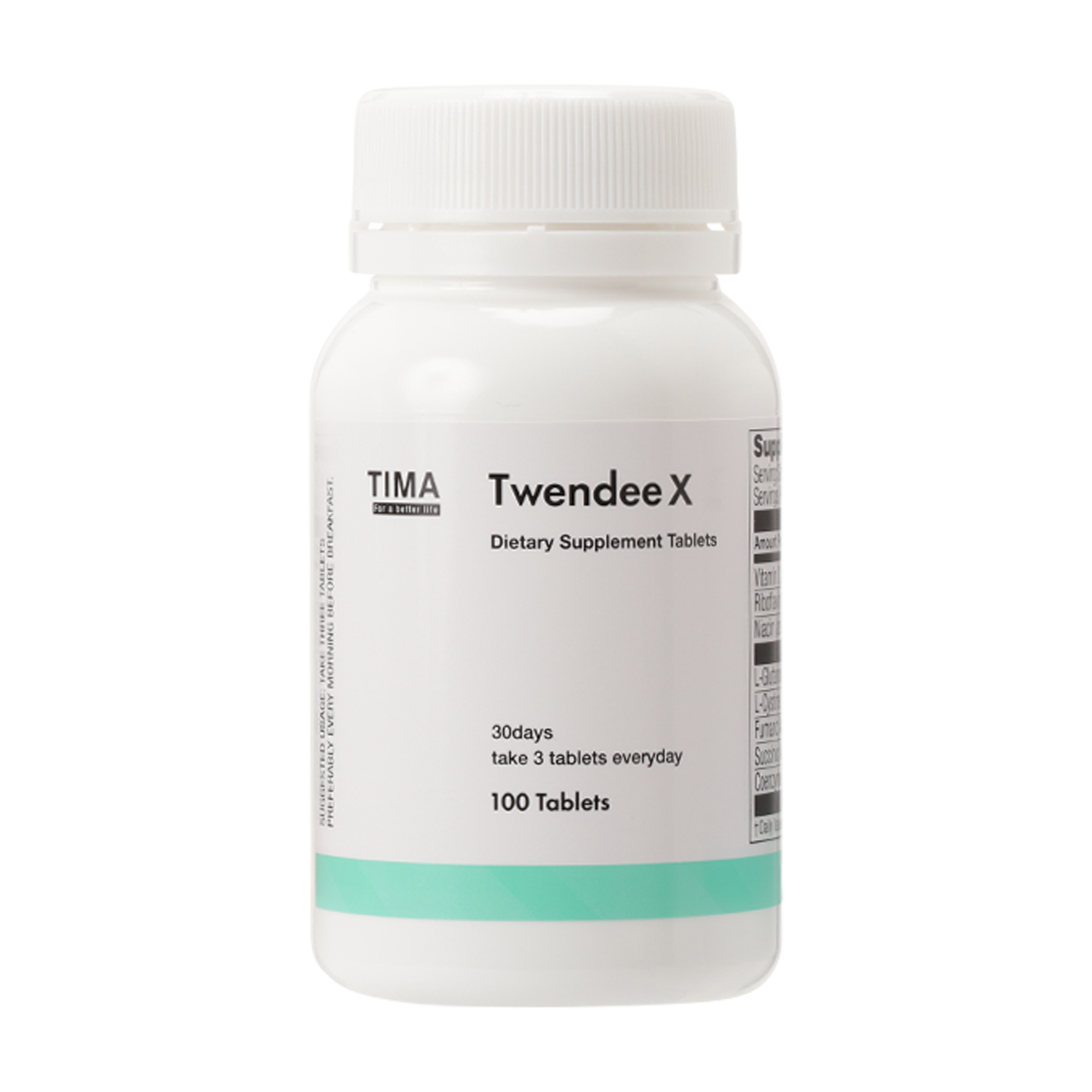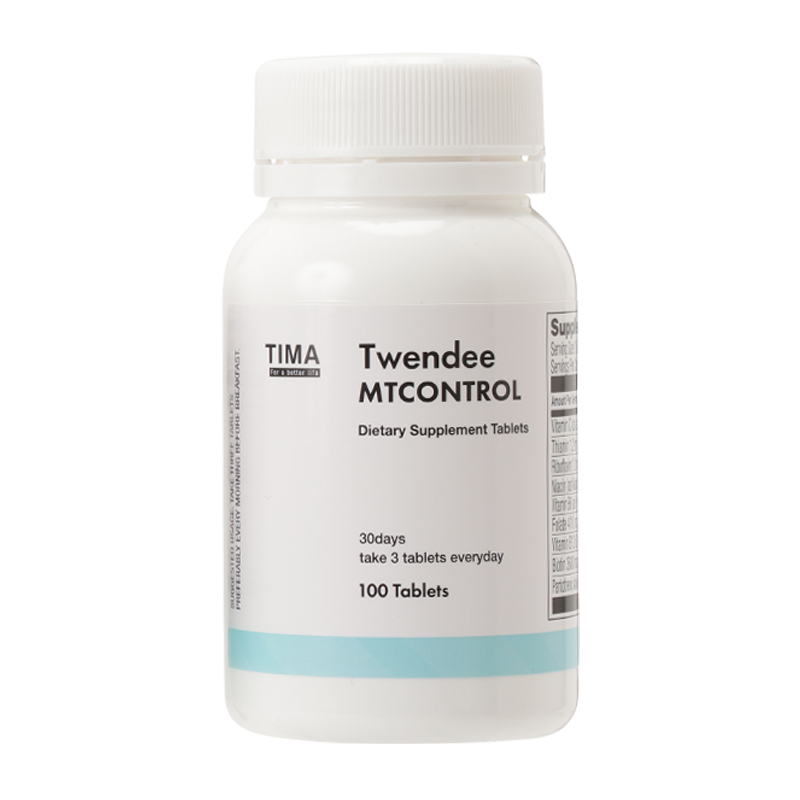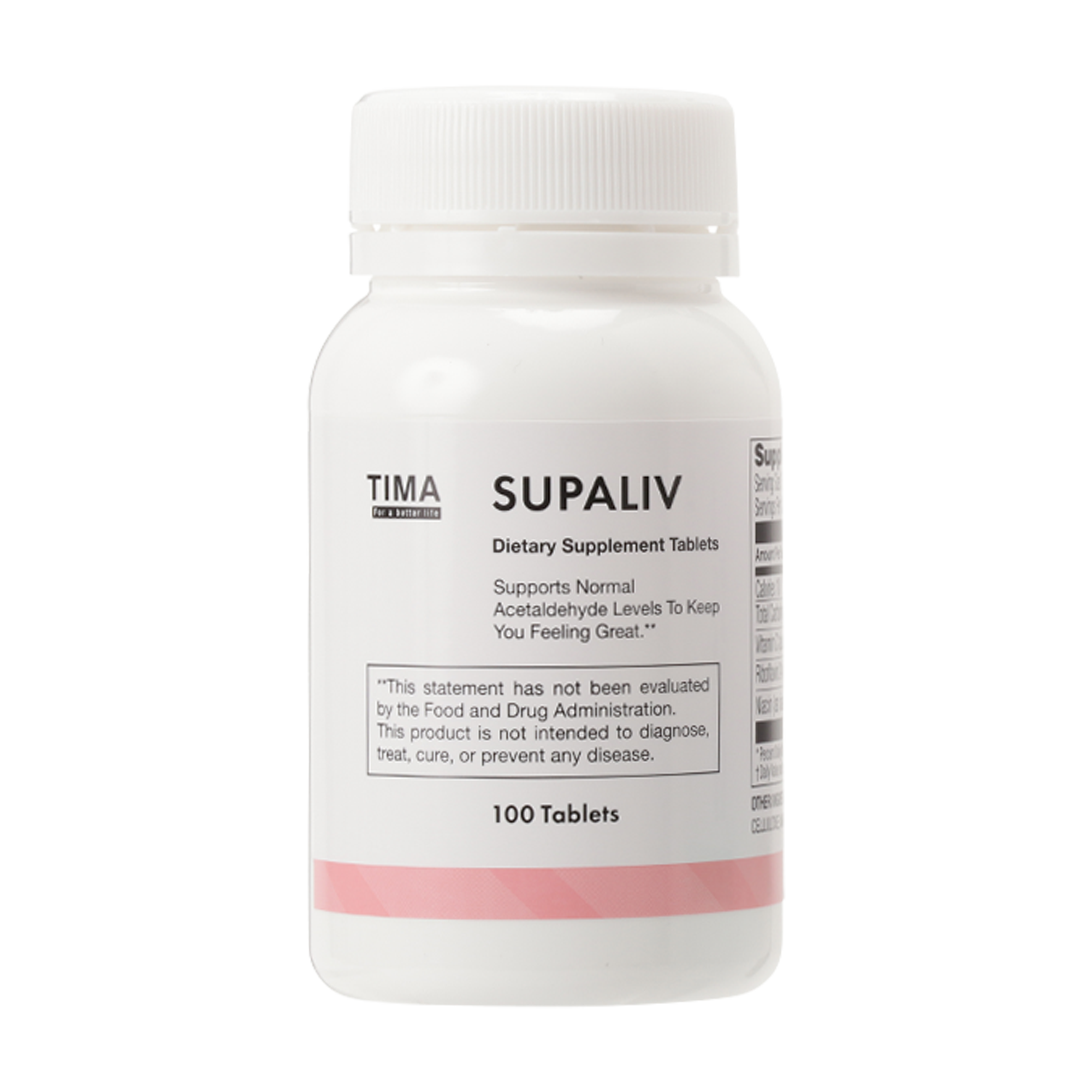Thesis on Oxidative Stress and "arteriosclerosis"
- Paper title
- Oxidative stress, the renin-angiotensin system, and atherosclerosis
- Abstract summary
- Angiotensin-converting enzyme inhibition may reduce vascular oxidant stress by preventing activation of the vascular oxidant enzyme systems in patients with coronary disease.
- Authors
- U. Landmesser, H. Drexler
- Journal
- Semantic Scholar URL
- https://semanticscholar.org/paper/e799b3b5c23ca9f75c2ee6c910021d8485515838
- Abstract
-
Over the last decade, numerous experimental and clinical studies have demonstrated that atherosclerosis and common conditions predisposing to atherosclerosis such as hypercholesterolemia, hypertension, diabetes, and smoking are associated with increased vascular production of reactive oxygen species. Reactive oxygen species have been implicated in key processes of atherosclerosis, including oxidative modification of low-density lipoprotein and endothelial dysfunction, thereby promoting a vascular inflammatory response. Angiotensin II is a major stimulator of vascular reactive oxygen species production, which is critically involved in signaling pathways mediating pro-inflammatory effects of the octapeptide. Inhibition of the angiotensin-converting enzyme (ACE) may reduce vascular oxidant stress by preventing activation of the vascular oxidant enzyme systems, in particular the membrane-associated, NADH-dependent oxidase. In addition, ACE inhibition restores the activity of the endogenous vascular antioxidant defence system, extracellular superoxide dismutase in patients with coronary disease. These mechanisms are likely important for vasculoprotective effects of ACE inhibitor therapy observed in studies concerning high-risk patients, for example the HOPE study.








